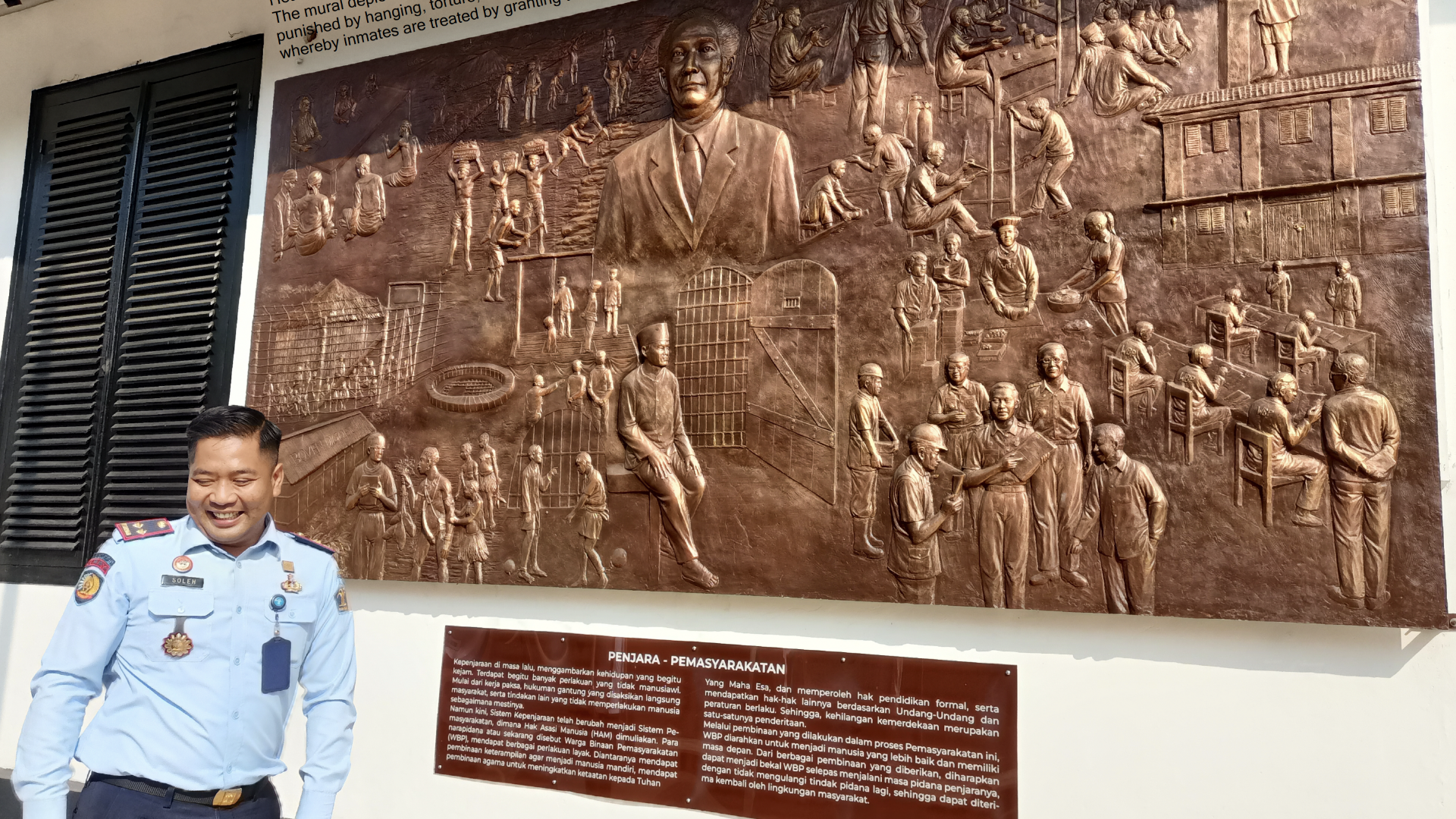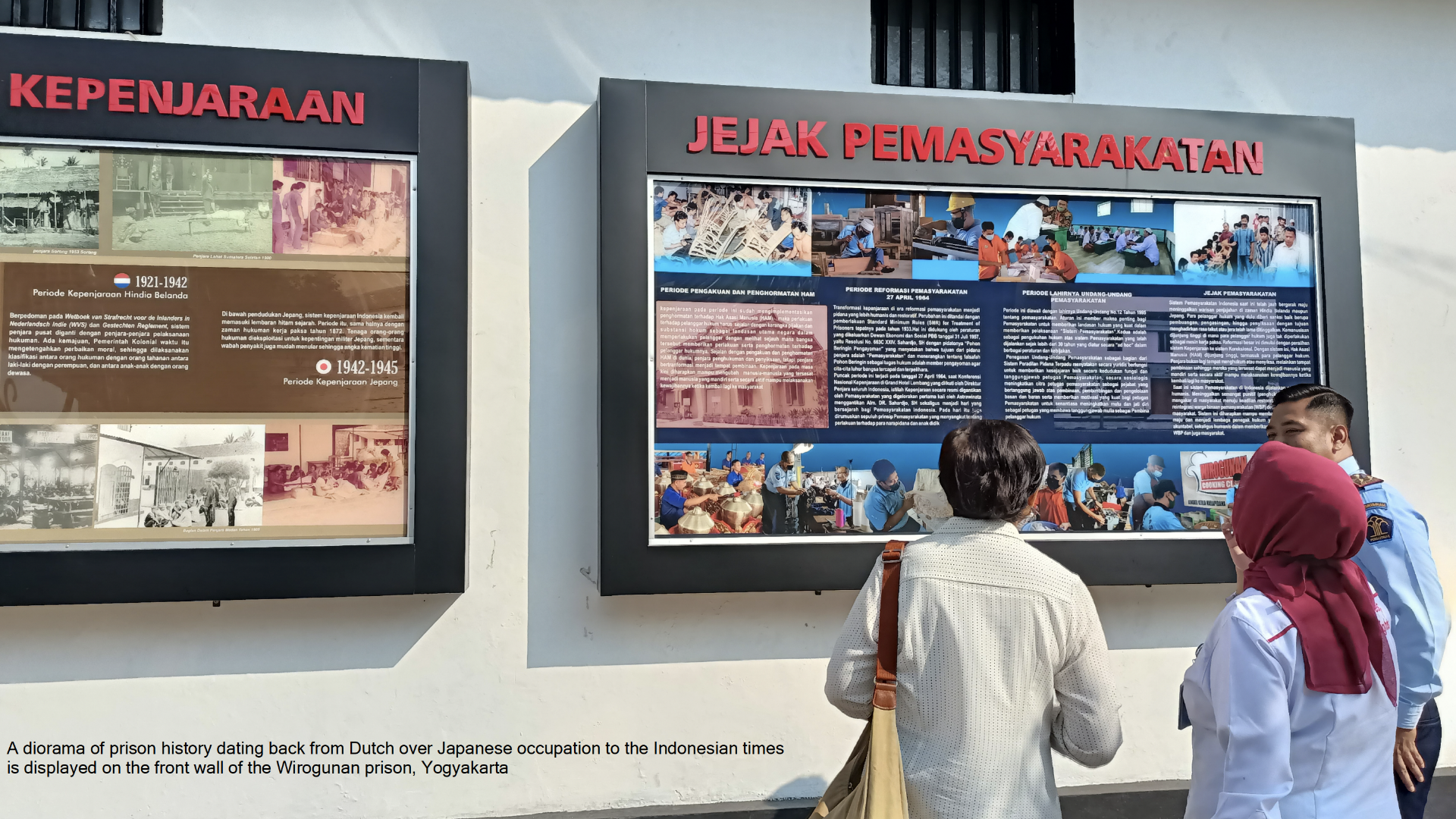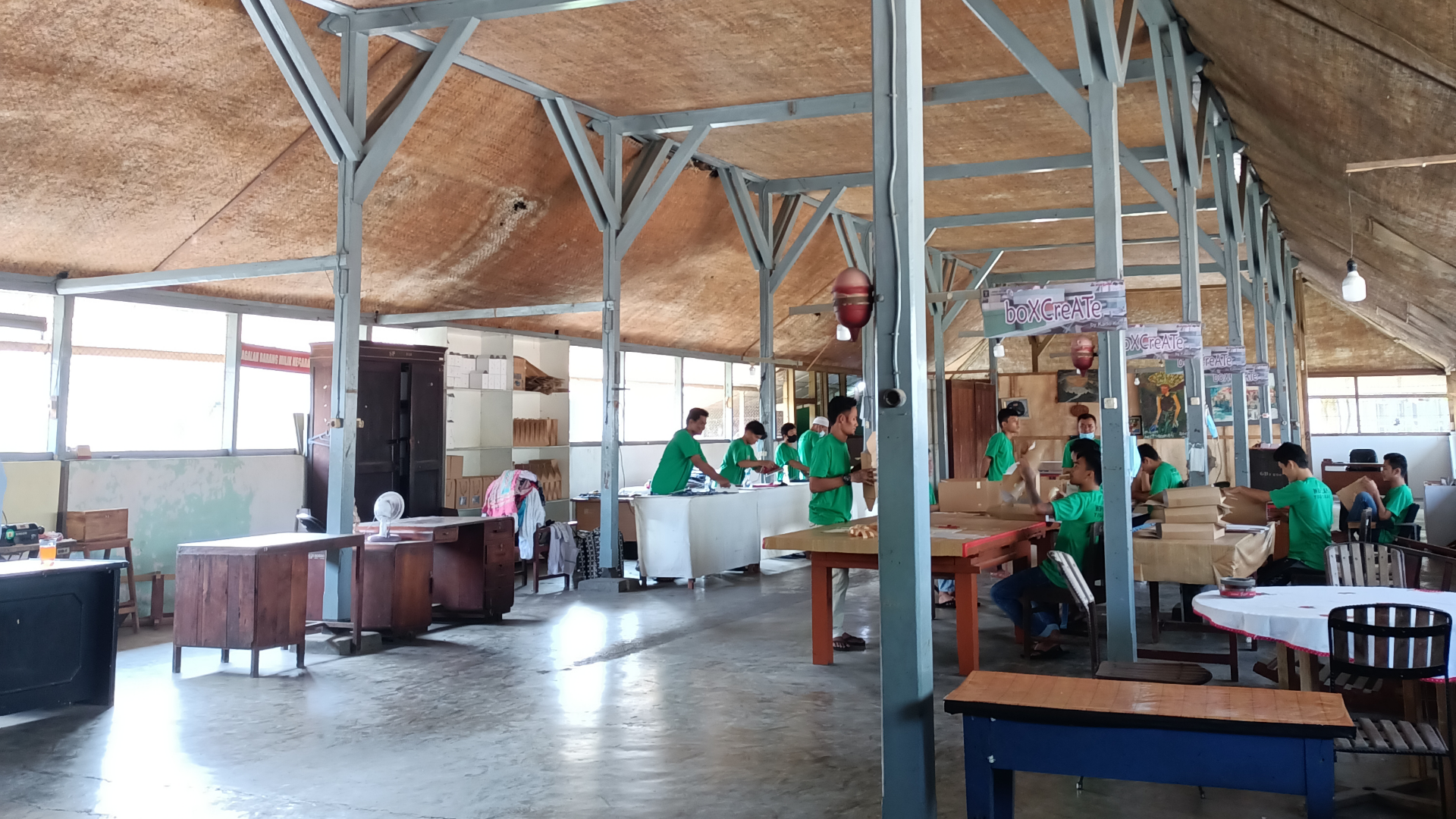Indonesia
Public Service and Prison Management
Public Service and Prison Management
As a result of the ongoing authoritarian regime in Indonesia, some government officials and civil servants still lack knowledge of human rights. Therefore, the Friedrich Naumann Foundation for Freedom (FNF) Jakarta and Indonesia’s Ministry of Law and Human Rights have worked together to implement human rights in public policy.
Indonesia has a National Human Rights Action Plan. Officials of the Ministry of Law and Human Rights assess human rights-based public service annually. The implementation of human rights in public policy used to be an awards-based program. Now it is regulation and is being reviewed at the international scale by the United Nations.
In August 2022, FNF and the Ministry conducted a workshop in Yogyakarta with officials from the Directorate General of Human Rights and provincial representatives. In Yogyakarta, many of the inmates attend capacity-building activities, such as voluntary religious classes on Islamic, Protestant or Catholic teachings. Other capacity-building activities include cooking, craft workshops, gardening, or welding. In addition, some prisons are equipped with waiting rooms for visitors, where there is a baby changing room and facilities for children. Inmates who had dropped out of school early may take supplemental junior or high school classes. Participation and good performance by inmates have a beneficial effect on parole requests and reduction of serving time. The FNF and the Ministry have jointly conducted programs in several Indonesian provinces including West Kalimantan, South Sulawesi, and Riau.
The Head of the Wirogunan Prison in front of a wall painting on the prison’s front wall


Charts depicting the Prison History in general dating back from the Dutch Colonial Era over the Japanese Occupation to the Indonesian Republic
Inmates of Wirogunan Prison sorting laundry

Human rights education
